Keeping your face hydrated with certain types of skincare products is a no-brainer if you deal with dry or flaky skin. However, even people with oily or acne-prone skin need their daily dose of moisture. Instead of applying a thick or heavy cream, which may bog down oily skin types, the goal is to apply on an oil-free, non-comedogenic moisturizer that sits lightly on top of your skin. When used correctly, facial oils can be great for your skin. However, it's important to remember that oil and water do not mix. When you apply too much oil to your skin, it can actually stop it from soaking up the moisture in other products.
Healthy and moisturized skin requires a balance of many factors, and while face oil has many benefits, it should be used in moderation. Facial oils work well to smooth and soothe skin while keeping essential hydration locked in. However, they do not replace the other necessary ingredients required for a healthy moisture barrier. So while we don't recommend replacing your moisturizer with a face oil, we do suggest using one to supplement an already established skincare routine.
Although the main benefit of a moisturizer is that it locks in moisture, the active ingredients that can be added to moisturizers are also a perk. For example, hyaluronic acid, an amazing hydrator, is found in many moisturizers. If you are concerned about dark spots, anti-aging, or acne concerns you'll easily find a moisturizer with the actives to address the issue. If you have dry skin, using a moisturizer can help lock in moisture. Moisturizers also work well for those with oily skin, as they are light and don't contribute to excess oils. If you're someone with oily skin, you don't have to miss out on the benefits of an oil.
"Many people feel that oily skin types cannot use oil-based skin-care products, which is not true," says Dr. Zeichner. These natural oils are also able to work to repair and protect the skin barrier and provide lasting nourishment whenever your skin is feeling dry. So while moisturizers provide instant hydration, face oils provide long-lasting moisture with a vitamin-enriched bonus.
So oils also work by helping the skin barrier seal everything in, ensuring none of your skin's water content gets lost. Patients with oily or acne-prone skin often ask if they should use oil-free topical skincare. Oil-free skincare is great for patients that have excessively oily skin and are producing ample sebum and excessive oils. If you wash your face in the morning and by the early afternoon you can swipe your nose and you're oily, that means you have oily skin. Oily skin is producing those natural oils and stimulating the sebaceous glands, so you don't really need additional oil in your products. Oil-free skincare is therefore great for people that have excessive oiliness.
Oil-based products that have some emollients, however, can benefit some acne patients that have a tendency for dry skin. Where moisturizers sit on the surface of the skin, facial oils go deeper to deliver moisture from the inside out. "Facial oils are valuable because they contain active ingredients and they are lipophilic (or fat-loving) so they effectively penetrate into the dermis to trap in hydration," Chang says. All three experts agree that moisturizers can be swapped out for face oils.
Says Dr. Marmur, "Oils are occlusive, which means they trap moisture on the skin. The natural moisturizing barrier protects your skin from external threats such as dust, dirt, and bacteria. However, this barrier weakens over time due to dehydration, extreme sun exposure, improper diet, and aging. That is why you need to include facial moisturizing products in your skincare routines, such as serums, facial oils, and moisturizers. This stands even truer for the product you choose for massaging, since you'll be pushing the product into your skin to really penetrate.
For this skin type, a light water-based gel or serum might be a more comfortable pick. If you're still a fan of oils, a lightweight one, like jojoba oil can actually balance sebum levels, making it a solid choice. Everyone's skin can benefit from the inclusion of skincare products with moisturizing properties. However, if your skin type is oily, acne-prone, or combination, then an oil-free moisturizer is going to feel much better on your skin than a heavier, oil-based formula. Also, if it's the middle of summer or you live in a humid climate, oil-free moisturizers are usually the way to go. The result is beautiful, silky skin that's balanced, radiant and healthy.
If you're on the hunt for an oil to add into your routine, Levin recommends squalene, marula, or jojoba oil, since they can help with redness and won't clog pores, given the molecule size. These natural oils will not only condition skin, but they're also packed with essential vitamins. Gohara mentions mineral oil-based products like Vaseline are also a great choice for most skin types. Oils to avoid in skincare are argan and coconut oil, since the molecule size is larger and therefore may contribute to acne .
It's a known fact that our skin requires water to keep its healthy glow. That's why there are many different types of skincare products on the market designed to hydrate and moisturize (there is a difference between the two, but we'll get there in a bit). We know navigating between these different products can be a bit tricky, which is why it's important to learn more about each product, its benefits, and how your unique skin type factors in. To this end, we've decided to highlight the differences between moisturizers, creams, and oils to help you pick out the right products for your regimen. Plummeting temps and cranked-up heaters suck moisture straight from the skin.
Oils are the ideal antidote to dry, flaky skin and rough, rosy cheeks — and they can be much more effective at moisturizing than your standard over-the-counter lotions and creams. For softer skin and hair, Dr. Hanlon recommends applying a pea-sized amount of coconut oil to your driest areas. Almond oil is packed with hydrating omega-3 fatty acids, making it is a good choice for sensitive skin. Very dry skin will probably not respond well to oil-free moisturizer. Oil-free moisturizer designed to treat acne will likely include either salicylic acid or benzoyl peroxide, which are two effective acne fighting ingredients. Some facial moisturizers may also include a small amount of tanning lotion, which can give the appearance of having a great tan without needing to spend any time in the sun.
For people with sensitive skin, or who often find their skin to be oily or greasy as the day goes on, oil-free moisturizer can be a great choice for a daily skin treatment. For people with dry and combination skin types who want to use both an oil and moisturizer simultaneously, Rouleau says that many people actually apply them incorrectly. Most people know that skin care products should be applied from lightest to heaviest, but not many people actually know what "lightest to heaviest" means. Face oils may hold the secret to achieving healthy, radiant skin—no matter what your skin type (yes, even those of you with perpetually oily skin!). Jam-packed with nutrients like vitamin C, essential fatty acids and antioxidants,they penetrate the skin to transform and protect—helping to build a resilient skin layer known as the lipid barrier.
Learn the correct way to apply them and how to choose the right oil for your skin type. We obviously need a moisturizer to hydrate our skin every day but the question revolves around its capabilities and whether it'll keep our skin hydrated for the whole day or not. Our skin naturally produces an oil known as sebum, and while many people think sebum is responsible for a healthy moisture barrier, it's a little more complex than that. Making sweeping, generalized recommendations isn't wise in the world of skincare, because no one's skin is the same. You might have dry skin some days and oily the next, or your skin could respond to oils better than lotions and vice versa. Most experts don't advise replacing your moisturizer with a facial oil, because as mentioned, they aren't really the same.
In conclusion, facial oils are definitely better than commercial moisturizers. They have many benefits including getting rid of acne, preventing premature aging, and managing fine lines and wrinkles. Not to mention that most of them on the market are all-natural and safe to use. However, you should take into consideration that some of them may cause irritation or other side effects.
Before using any oil on your face, make sure that it is safe to use on your skin by doing some research first. If you start using a face oil and start to get a rash or pimples it is best that you consult with a professional as there might be an underlying issue. Some people have issues with conventional moisturizers, they might make your skin feel even dryer, or oilier because they have ingredients that are quite questionable. If you are one of these people then maybe face oils are the perfect solution to your problem. A acne-prone person should find a moisturizer that contains salicylic acid or benzoyl peroxide.
Otherwise, oil-free moisturizer is often exactly the same as other types of moisturizer. Other water-binding ingredients help to keep moisture in the skin, and these may be ceramides or hyaluronic acid. The moisturizer may contain ingredients to soothe the skin, as well as antioxidants and alpha-hydroxy acids to help repair damage caused by the sun or other environmental factors. Many facial moisturizers also contain sunscreen to protect the skin from further sun damage. That takes care of the cleansing part of our oily skin care routine, but what about all-important moisturizing?
If oils are supposed to help the skin and hair retain moisture and you have an excess of skin oil, can you actually use a moisturizer, much less an oil-based one? Quite simply, yes, though most experts recommend first cleansing your skin and then applying a non-oil-based moisturizer. Many moisturizers on the market are water-based, with only a small amount of oil; others claim to be oil-free when in fact they're almost exactly the same as oil-based moisturizers. The type of product that you use is also heavily dependent on your skin type. For oily skin, Siso says you can use just a moisturizing lotion. Normal to dry skin types can layer both lotion and oil as long as they are not acne prone in the areas where they're layering products, Siso adds.
There are so many new and exciting products in the beauty world that it's hard to keep up with all the developments. Whether it's an oil, serum, lotion, cleanser, or balm, it seems like there's a product that promises to fix any skincare concern. Body lotions and body oils have been around forever, promise to deliver moisture to your skin, and slow natural signs of aging.
Lauren Siso, a licensed esthetician, and ALP owner of ELLEMES Medical Spa in Atlanta, Georgia, gave the details on what you need to know before choosing lotion or oil. Hough face oils offer several skin-boosting properties, they're best used in combination with a moisturizer. Applying a moisturizer before a facial oil allows skin to soak up the nourishing ingredients in your cream. Your facial oil will help keep that hydration in and protect your skin from outside irritants.
While face oils should not be used in place of moisturizers, they can help supplement them and improve the effectiveness of your skincare routine to boost skin hydration and give you healthy-looking skin. "Oils can easily penetrate moisturizers, serums, and treatments, but no products can penetrate an oil, which means they need to be applied last," says Dr. Gohara. And don't think that oils are just for dry skin—certain oils, like rose-hip and jojoba, can decrease excess oil in acne-prone skin, while marula and aloe oils can soothe sensitive, easily irritated skin. Serums, slather on a moisturizer packed with ingredients like hyaluronic acid and ceramides, which your pores will drink right up. "Oils are really better at sealing in moisture due to their occlusive nature—they prevent the evaporation of hydration from skin to the environment," explains Dr. Nazarian. Thanks to the fact that oils are emollients, they'll create a barrier on your skin to lock in all that hydrating goodness from your moisturizer.
For example, where should oil go in your skin-care routine? Except that every day in beauty forums and on Instagram, people are debating it. The idea that your products should go on "thinnest to thickest" needs to go home, it's drunk. Or understand that their creamy moisturizer containing hyaluronic acid is in fact thinner, molecularly speaking, than their runny rosehip oil? Repeat after me; oils will never be serums and oils should always be last. Body oils work to bring moisture back into your skin and sink directly into your cells, the outlet notes.
Think of oil as the substance that dives deep to moisturize from within. The constitution of skin oils often resembles that of our natural oils, meaning that they work similarly to our body's natural hydration processes. This simulation aids in repairs such as skin regeneration and regulation of its moisture barrier, Byrdie reveals. Plus, oils often contain more natural ingredients than lotions do, with fewer synthetics and potential irritants. Essentially, oils were much more available hundreds of years ago, before mass-produced products were on store shelves. Extracted from the seeds of wild rose bushes, rose hip seed oil has seen a surge in popularity and is increasingly found in facial skincare products that tout moisturizing, anti-aging benefits.
Coconut oil is easily absorbed into the skin and is known to have many health benefits, including those from vitamins E and K, as well as its antifungal and antibacterial properties. Along with cocoa butter, coconut oil is likely to cause breakouts. "In general, coconut oil is a great option for almost everybody, except if you have oily skin and you're acne prone, I would not use it on the face," Katta says. In astudy published in the journalDermatitis, researchers found coconut oil was better than olive oil at moisturizing skin when used in a carrier. Remember to look for cold-pressed, unrefined coconut oil for your face or skin care. A question like "Why is my skin so dry even when I moisturize?
" might've crossed your mind and you might be thinking of adding a face oil to help with the dryness. While face oils have moisturizing benefits, does that mean you can give up your night cream altogether? At the Kate Somerville Skin Health Experts Clinics in Los Angeles and New York, we talk to people every day about their specific skin concerns. Below, our Skin Health Experts address the differences between popular moisturizing ingredients and how they affect different skin types. Technically a moisturizer, creams are also a blend of oil, water, waxes and beneficial ingredients. However, because creams are usually about a fifty-fifty blend of oil and water, they are thicker than a moisturizing lotion .
Due to being a more powerful moisturizer, you can use a cream once a day instead of twice a day like you would a lotion. As a matter of fact, it's recommended to use a cream during the colder months if you have very dry skin. Like a moisturizing lotion, it is still easy to spread over large areas and feels lightweight. The latter will never be just an oil alone, but other types of moisturizers can be — especially emulsions.
"I do find that a lot of people who only use oils are actually really dehydrated or their skin barrier is compromised underneath all that application of oils," adds Levin. We all all need to find that perfect balance between occlusives and humectants. If you like to pat an oil on your skin, do so after a lightweight lotion.
If you apply a humectant-heavy serum or lotion on top of an oil or oil-reach cream, all you'll accomplish is wasting product. Natural oils are made from all-natural ingredients like fruits, nuts, vegetables, etc. Some examples of natural face oils include jojoba oil, argan oil, almond oil, sunflower oil, etc.
These types of oils contain vitamins, minerals, and other nutrients that promote healthy skin. Coconut oil is one of the best natural oils you can use for your skin as it contains lauric acid, which has antibacterial properties. In that case, it might be a good idea to purchase a richer moisturizer that does contain one of the oils mentioned above, particularly jojoba oil or lanolin. These are excellent choices for softening dry skin that may even be red or peeling; in addition, dry skin does not tend to be as acne-prone as oily skin, so that is usually less of a concern. Some people choose to use an oil-free moisturizer in the summer months, and a heavier, more hydrating moisturizer in the winter months to combat dry winter air.
Face oils are different from face serums, the latter of which are meant to treat specific skin concerns with various active ingredients. "Oil sits on top of the skin and is best applied last in your skin care routine," she notes, whereas serums should be applied before moisturizers and after toner — but more on that later. What makes an oil an oil are the ingredients, not necessarily the label. That said, Dr. Katta advises making sure your regimen is suitable for your skin — especially your face.
For instance, she says, if your skin is prone to acne, consider using natural oils to moisturize only your body, and talk to your dermatologist before putting any new oils on your face. For dry skin, the moisturizers I love most are humectants. Humectants are ingredients that draw fluid into the tissue. Aloe vera is an amazing humectant and molecule that draws water into the skin and hydrates the tissue.
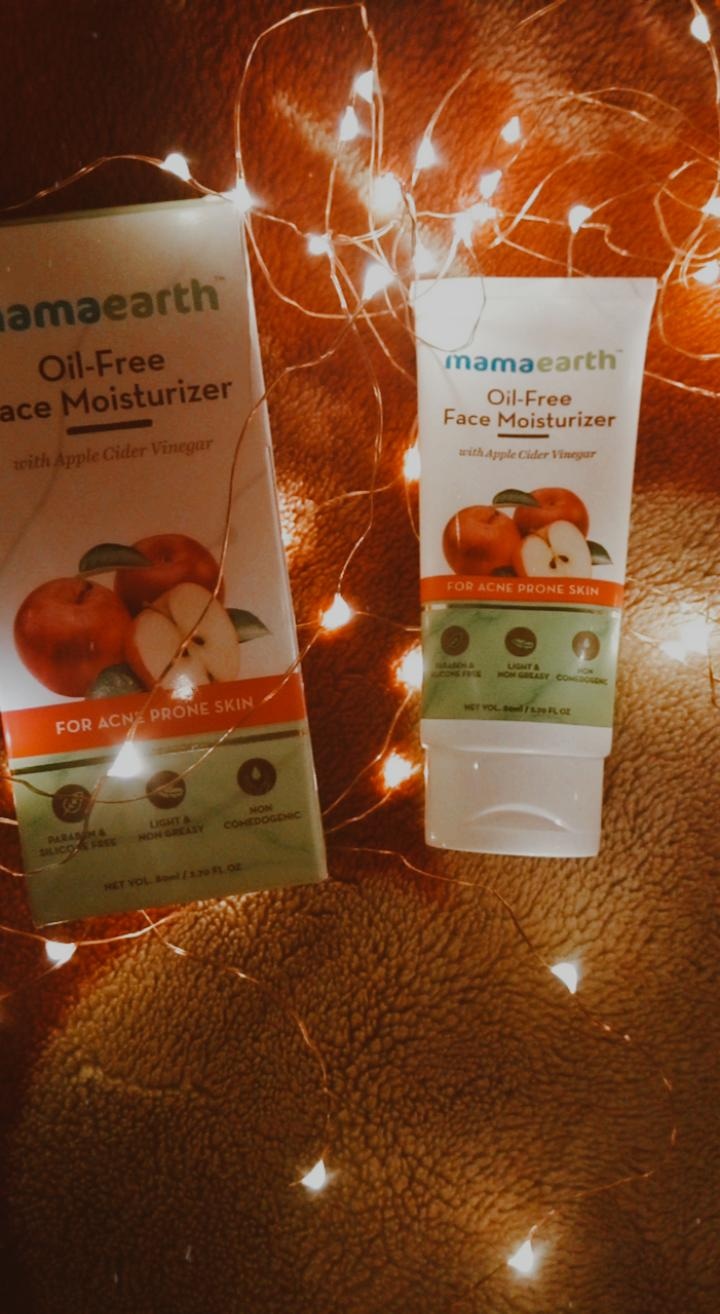

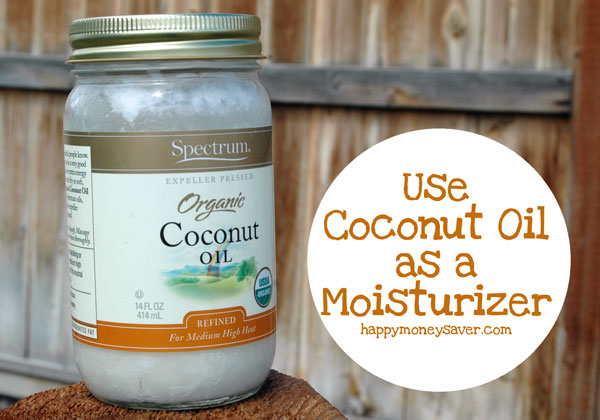















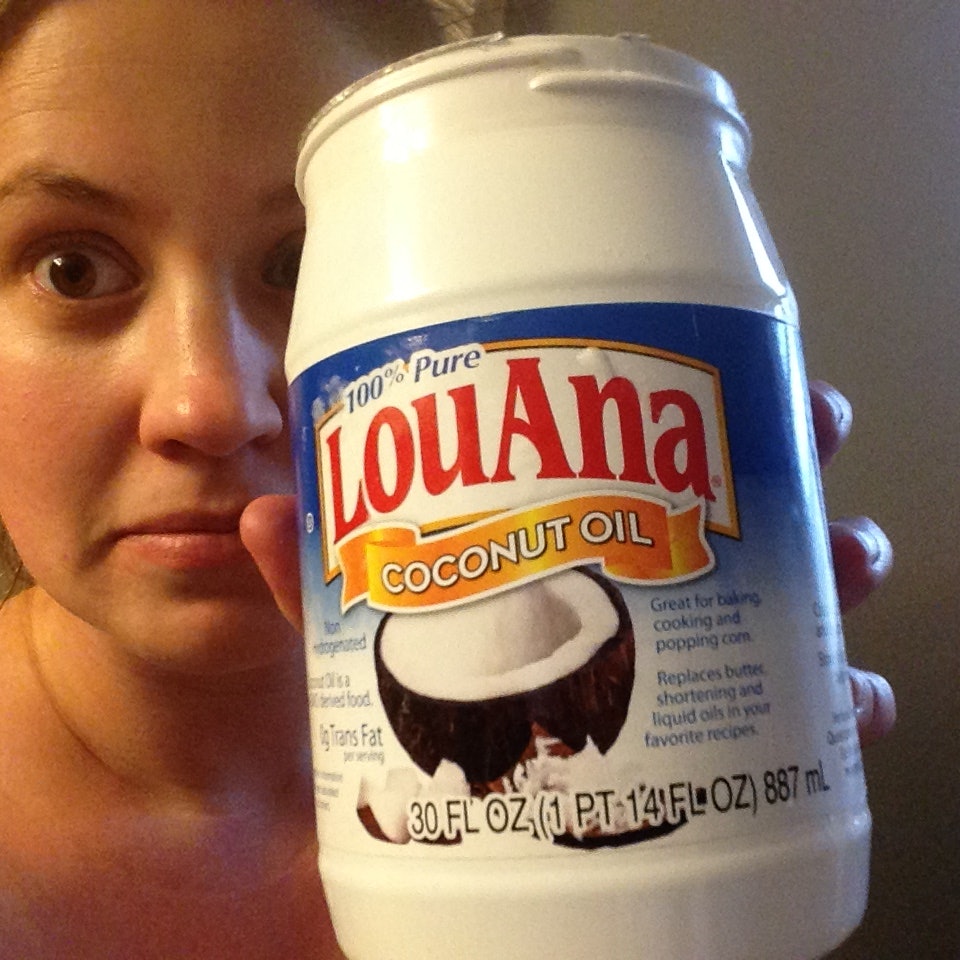



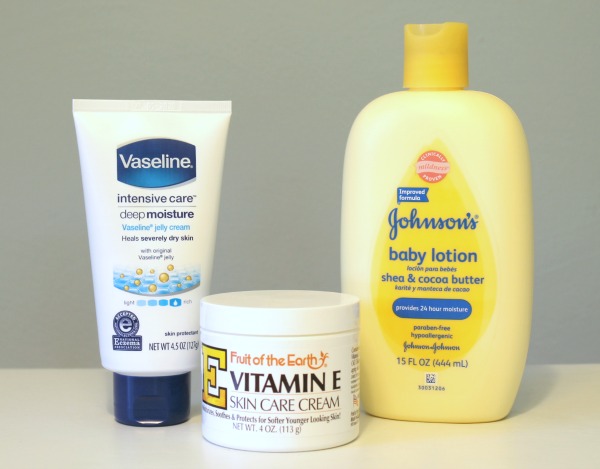
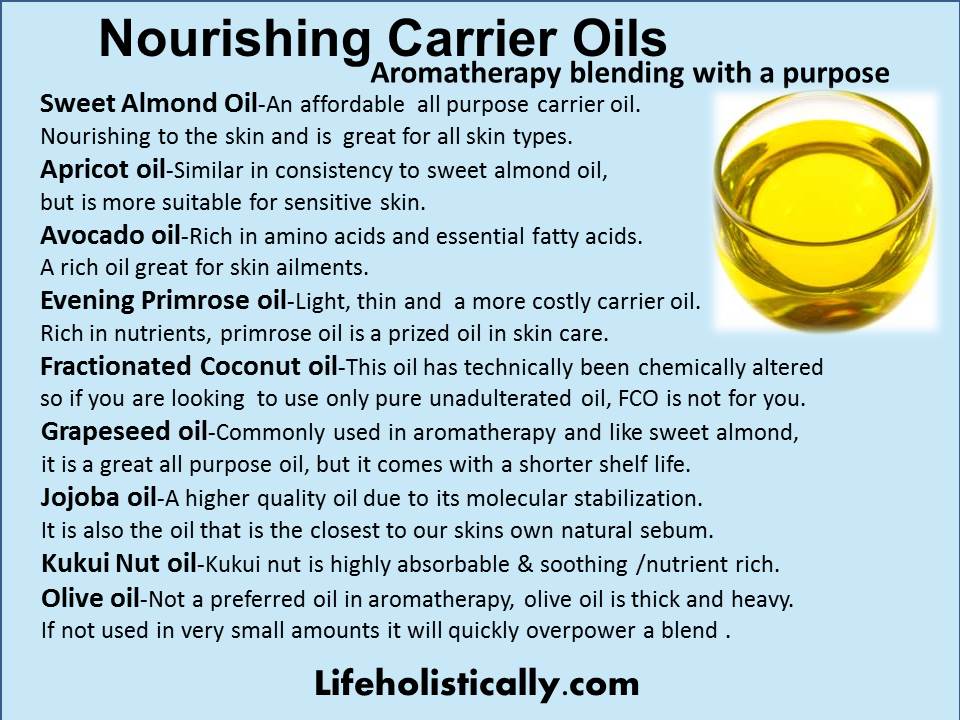

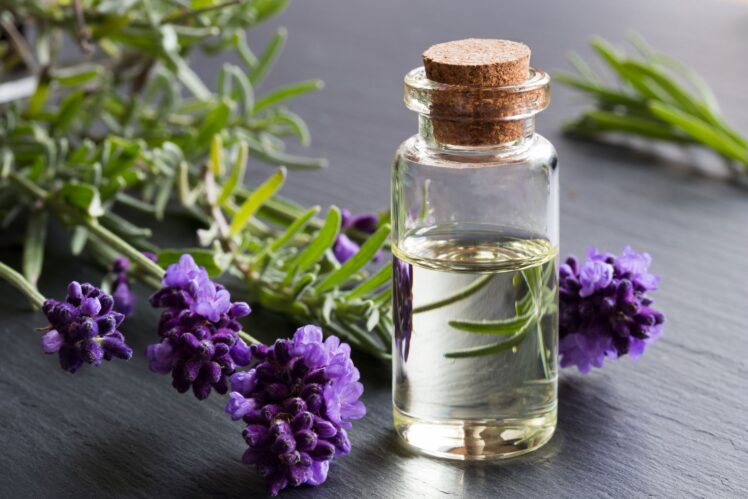


No comments:
Post a Comment
Note: Only a member of this blog may post a comment.